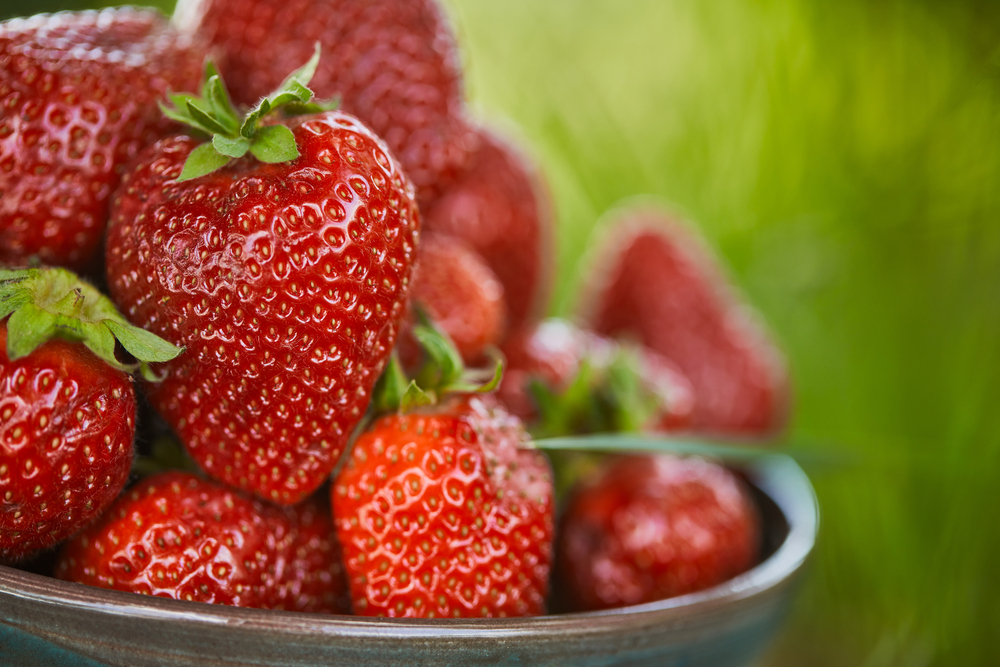More than a quarter of Dutch fruit and veg has PFAS traces

The Netherlands and Belgium are more likely than all 25 other EU member states to produce fruit and vegetables that contain PFAS pesticide residues, according to research by the European Pesticide Action Network.
The research is based on official data from national monitoring programmes. It shows the volume of European fruit and vegetables with detected PFAS pesticide residues nearly tripled between 2011 and 2021, with a growth rate of 220% for fruit and of 274% for vegetables.
The research also showed that PFAS pesticides were present in 27% of Dutch and Belgian fruit and veg samples. Next on the list was Austria (25%), followed by Spain (22%) and Portugal (21%).
The analysis includes PFAS residues with a concentration level of at least 0.01 milligrammes per kilogramme as a standard which does not necessarily contravene EU maximum limits.
Nevertheless, “the ongoing accumulation of PFAS in soils, water and the food chain, along with other chemical substances or “chemical cocktails”, pose long-term risks to human health and the environment,’ the campaign group said.
In the Netherlands, there is mounting concern about contamination by PFAS, a complex group of chemicals linked to cancer and other health issues.
The “forever chemicals” have been found in the eggs of hens kept as a hobby all over the country. Dutch water companies are also worried that new projected EU guidelines to combat PFAS chemicals do not include a ban on their use in pesticides and say this is threatening drinking water quality.
The EU plans to stop the use of the harmful PFAS in many industries but not their inclusion in pesticides because these fall under separate EU regulations.
Two years ago the Dutch public health institute RIVM warned people who go fishing as a hobby to sharply reduce their consumption of fish, shrimp, oysters and mussels caught in the Westerschelde estuary because of chemical pollution.
Fish and shellfish caught in the estuary can contain eight to 10 times the amount of PFAS found in similar products sold in the shops, the RIVM said at the time.
Thank you for donating to DutchNews.nl.
We could not provide the Dutch News service, and keep it free of charge, without the generous support of our readers. Your donations allow us to report on issues you tell us matter, and provide you with a summary of the most important Dutch news each day.
Make a donation